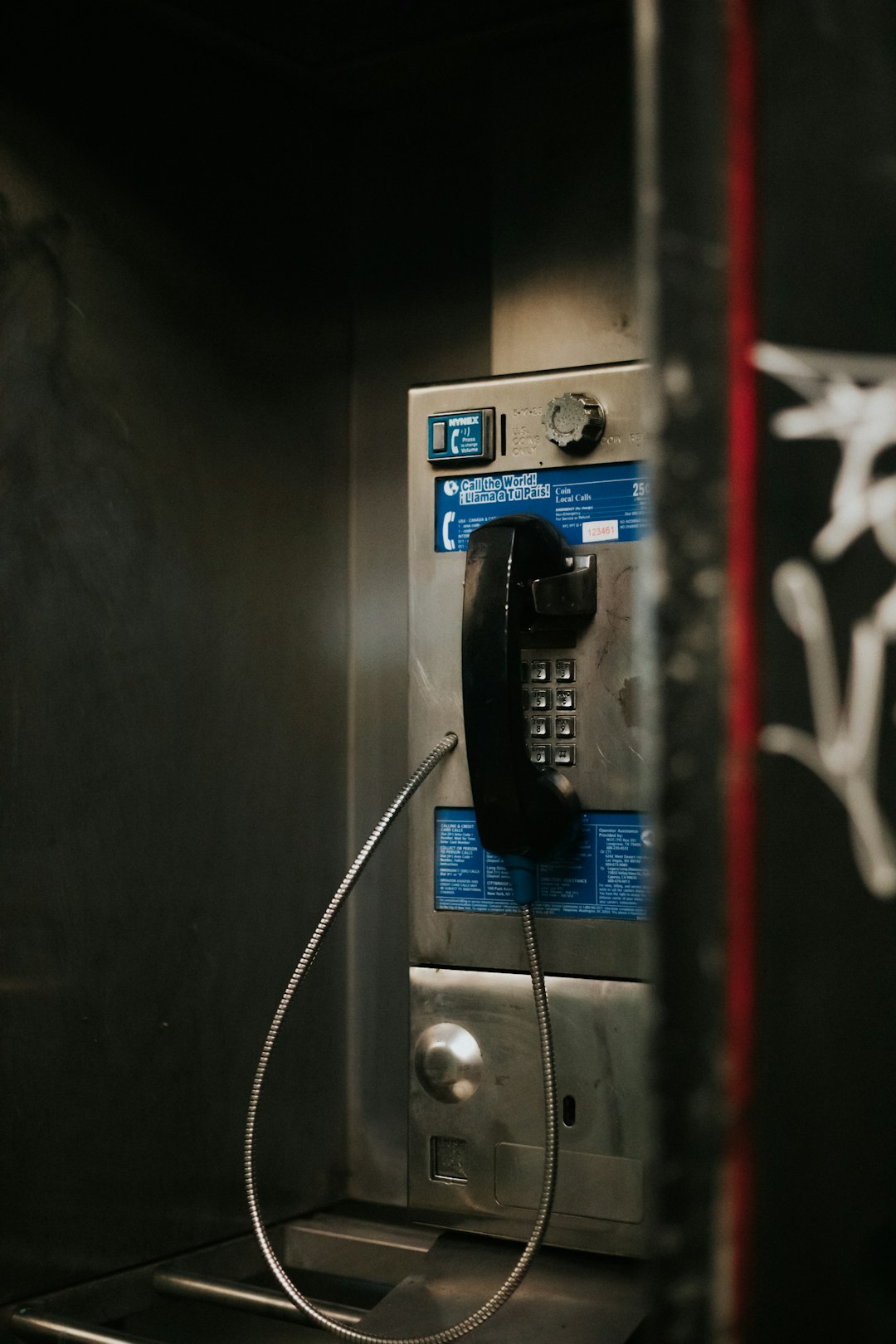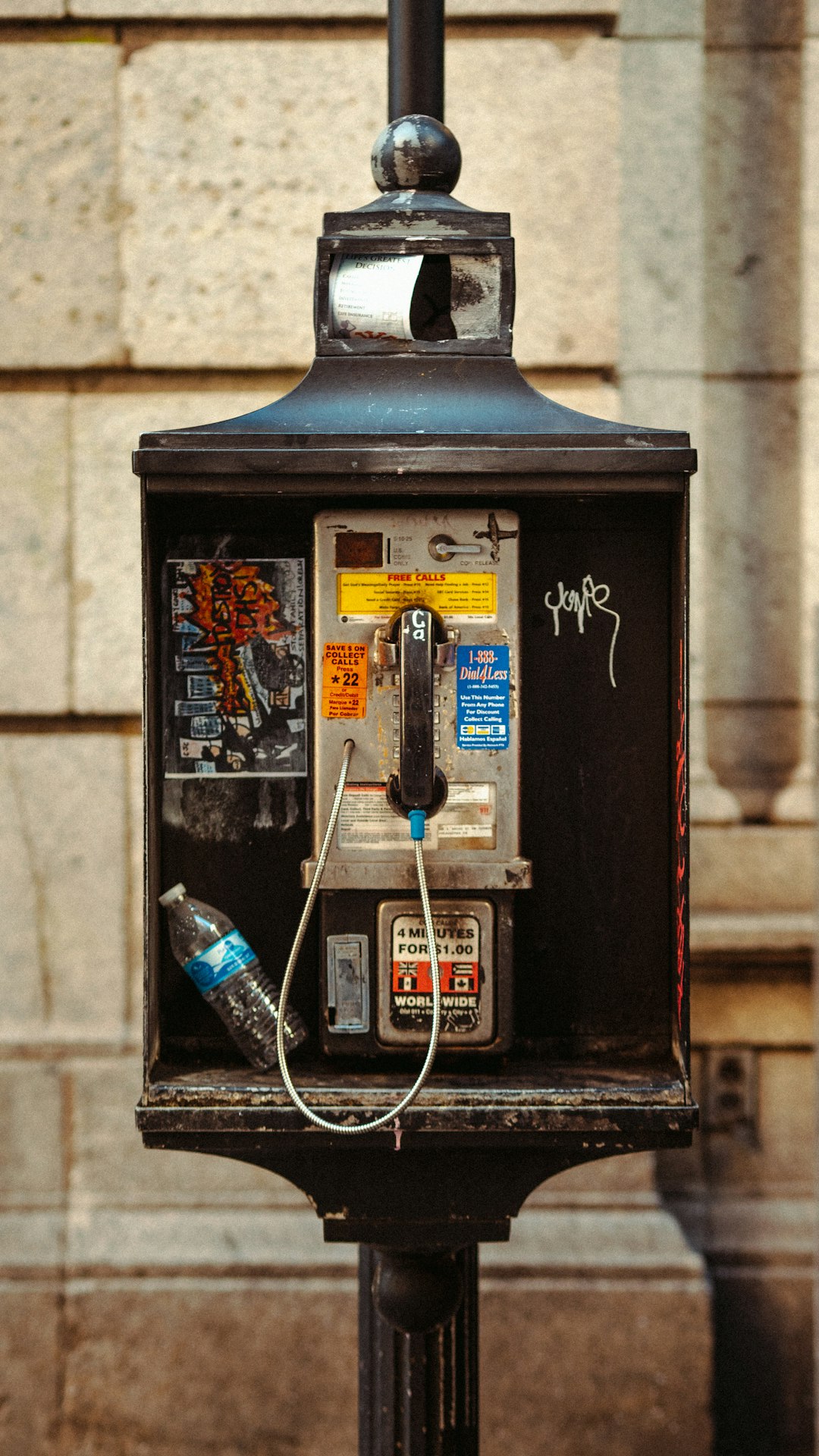In Philadelphia, spoofed calls (vishing) from law firms bypassing Do Not Call laws pose a growing risk. To combat this, advanced apps using algorithms recognize and block fraudulent calls with high accuracy. These tools protect residents from scams targeting law firms by maintaining up-to-date databases of known scammer numbers, offering peace of mind in the digital age.
In Philadelphia, like many urban centers, spoofed calls have become a persistent nuisance, aiming to manipulate and harass residents. These deceptive phone scams can have severe impacts on mental health and productivity. This article explores the best apps designed to stop spoofed calls, focusing on those that empower Philadelphia citizens by leveraging advanced technology. We evaluate top choices, highlighting why Do Not Call law firms apps are particularly effective in combating this growing issue, ensuring a safer and less chaotic communication environment for locals.
Understanding Spoofed Calls and Their Impact in Philadelphia

Spoofed calls, or “vishing” as it’s known in the digital age, have become a growing concern for residents of Philadelphia and across the nation. These fraudulent calls often mimic local businesses, government agencies, or even friends and family, aiming to trick recipients into revealing sensitive information like social security numbers, bank details, or personal identification. With technology making it easier than ever to mask a caller’s identity, the impact can be significant, leading to financial loss, identity theft, and emotional distress.
In Philadelphia, where numerous law firms operate, spoofed calls targeting legal services are particularly prevalent. While Do Not Call laws exist to protect consumers, these regulations often exclude businesses like law firms. This leaves many residents vulnerable to these deceptive practices. Understanding the tactics used by scammers and being able to identify potential spoofs is crucial for protecting oneself and one’s personal information in this modern era of heightened digital risks.
Evaluating the Top Apps to Block Spoofed Calls

In today’s digital age, with communication evolving rapidly, the rise of spoofed calls has become a significant concern for many Philadelphians. Spoofed calls, often from unknown or unidentifiable numbers, can be particularly bothersome and even dangerous. To combat this issue, several apps have emerged as potential game-changers in blocking these fraudulent attempts. When evaluating the best app to stop spoofed calls, it’s crucial to consider factors like call recognition accuracy, user reviews, ease of use, and compatibility with various devices and operating systems.
One popular option is an app that specializes in identifying and blocking robocalls and spoofed calls. It uses advanced algorithms to analyze incoming calls and filter out suspected fraudsters. Many users appreciate its ability to automatically block numbers associated with spam or scams, including law firm solicitation calls, which are a common nuisance in Philadelphia. Additionally, the app offers features like call screening and custom blocking lists, allowing users to take control of their communication experience.
Why Do Not Call Law Firms Apps are Effective for Philadelphia Residents

Spoofed calls, often used for fraudulent activities, have become a significant nuisance in Philadelphia, as elsewhere. These calls, disguised to look like they’re from reputable sources like Do Not Call law firms, aim to trick residents into sharing personal information or making costly mistakes.
Apps designed to stop spoofed calls are particularly effective for Philadelphia residents because they leverage advanced technology to identify and block these deceptive attempts. Unlike traditional call blocking methods, these apps use extensive databases that continuously update with known scammer numbers, including those impersonating Do Not Call law firms. By automatically filtering out such calls, they provide a layer of digital protection, ensuring residents can focus on legitimate communications without the constant worry of falling victim to fraudulent schemes.






